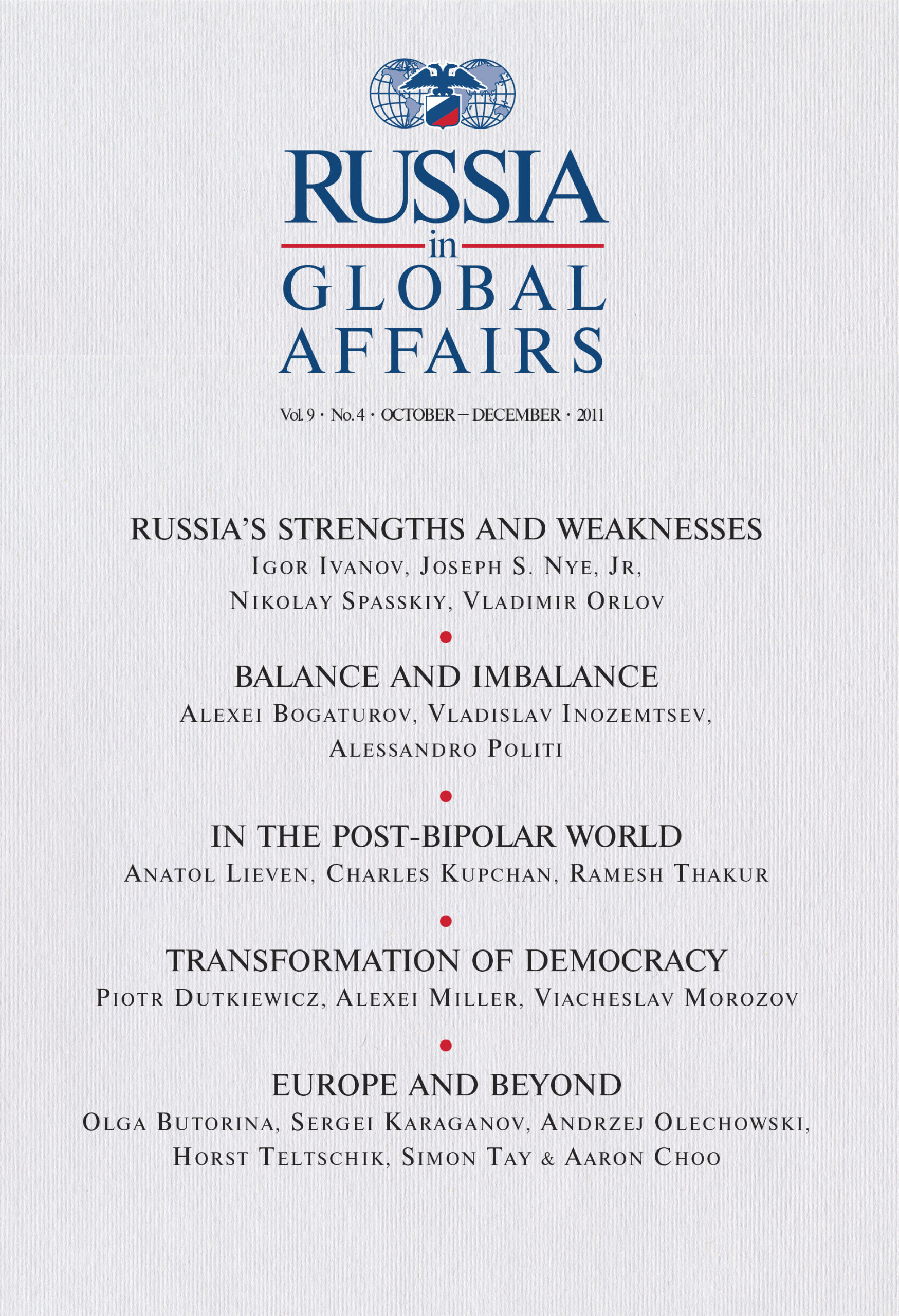
Democracy After the Collapse
The Soviet Union was a real threat to the West. Jointly with its satellites, it occupied an enormously rich and seemingly boundless territory, possessed all kinds of lethal weaponry, formed the only anti-systemic alternative to capitalism, and – importantly – created a poor but socially quite attractive model of a welfare state. Many “ordinary” Europeans and Americans did not suspect how lucky they were as, by virtue of the sheer existence of the “Soviet threat,” the Western elites had to expand their welfare state provisions and add new, and guarantee old civil liberties to eliminate as much as possible the potential attractiveness of the communist social model. This is no longer the case.
This paper explores the post-Soviet evolution of democracy. In this article I will argue that the practice of democracy, while maintaining its core of human rights protected, has eroded significantly during the past twenty-plus years (a process triggered – no matter how paradoxical it sounds – by the Soviet Union’s collapse) and that democracy has become a commodified democracy which mostly serves political and economic elites who have re-defined its meaning and its implementation. By extension, this reformatting of democracy means that it no longer aims to serve the middle class. This redefinition is permitted by the lack of any socially meaningful alternative. The current wave of social dissatisfaction – taking forms as varied as youth riots and the Tea Party – is partly a reaction to this process.





